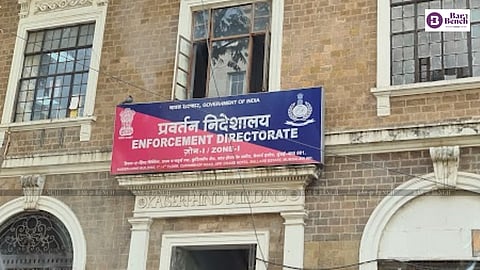
- News
- Columns
- Interviews
- Law Firms
- Apprentice Lawyer
- Legal Jobs
- हिंदी
- ಕನ್ನಡ

The Enforcement Directorate (ED) has issued a circular directing its officers to make every effort to record statements of individuals summoned under the Prevention of Money Laundering Act (PMLA) during office hours rather than extending such sessions late into the night.